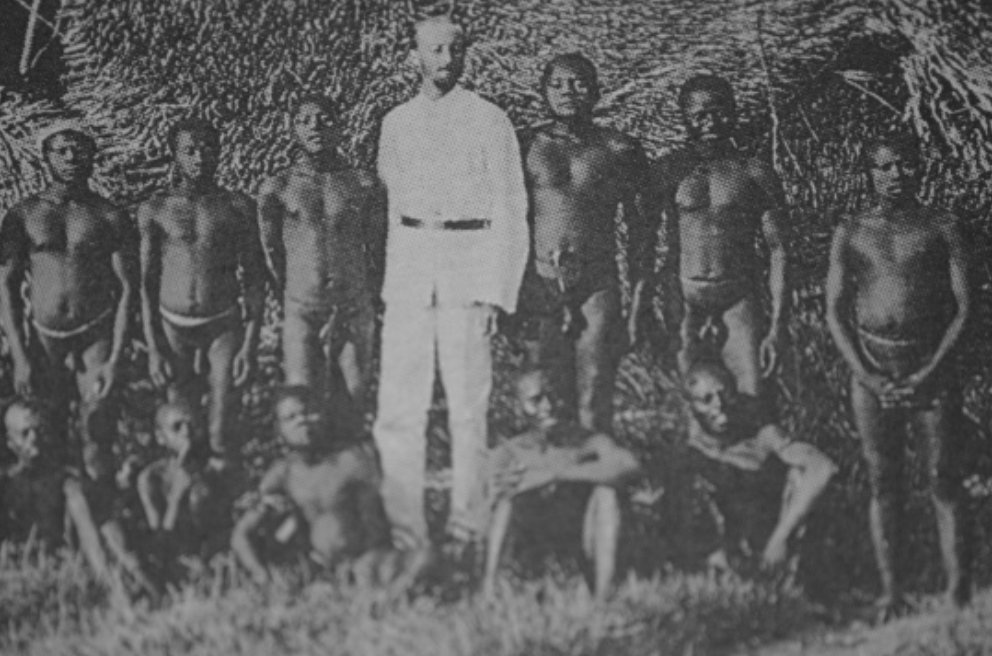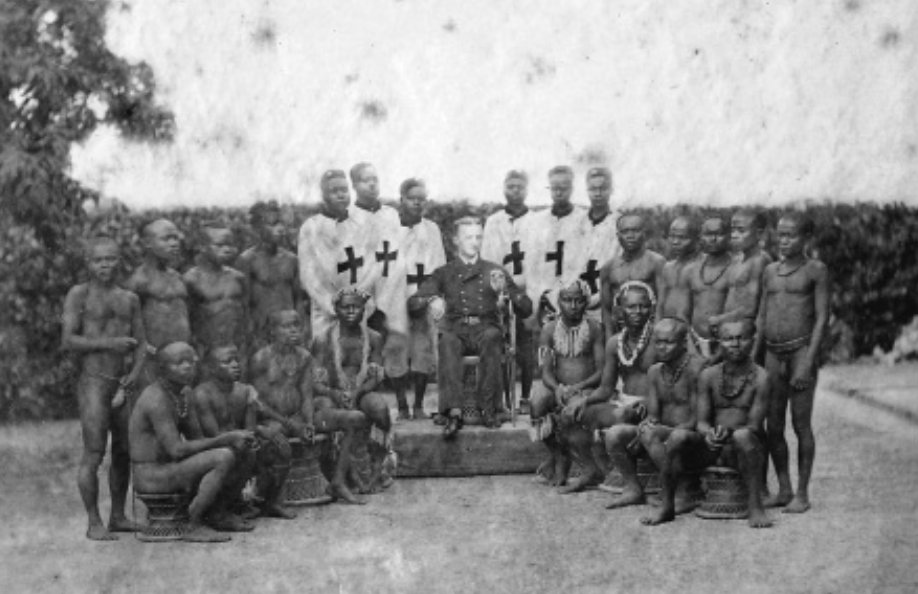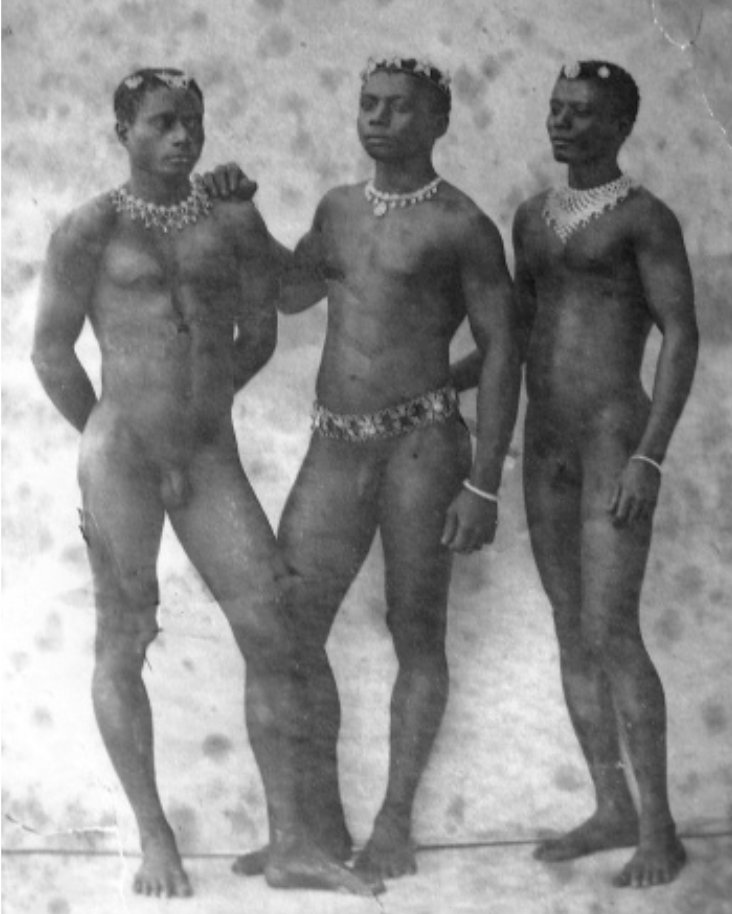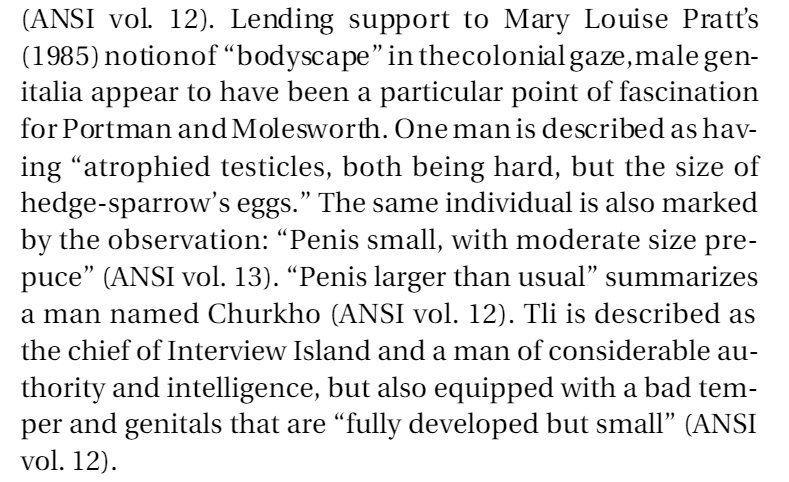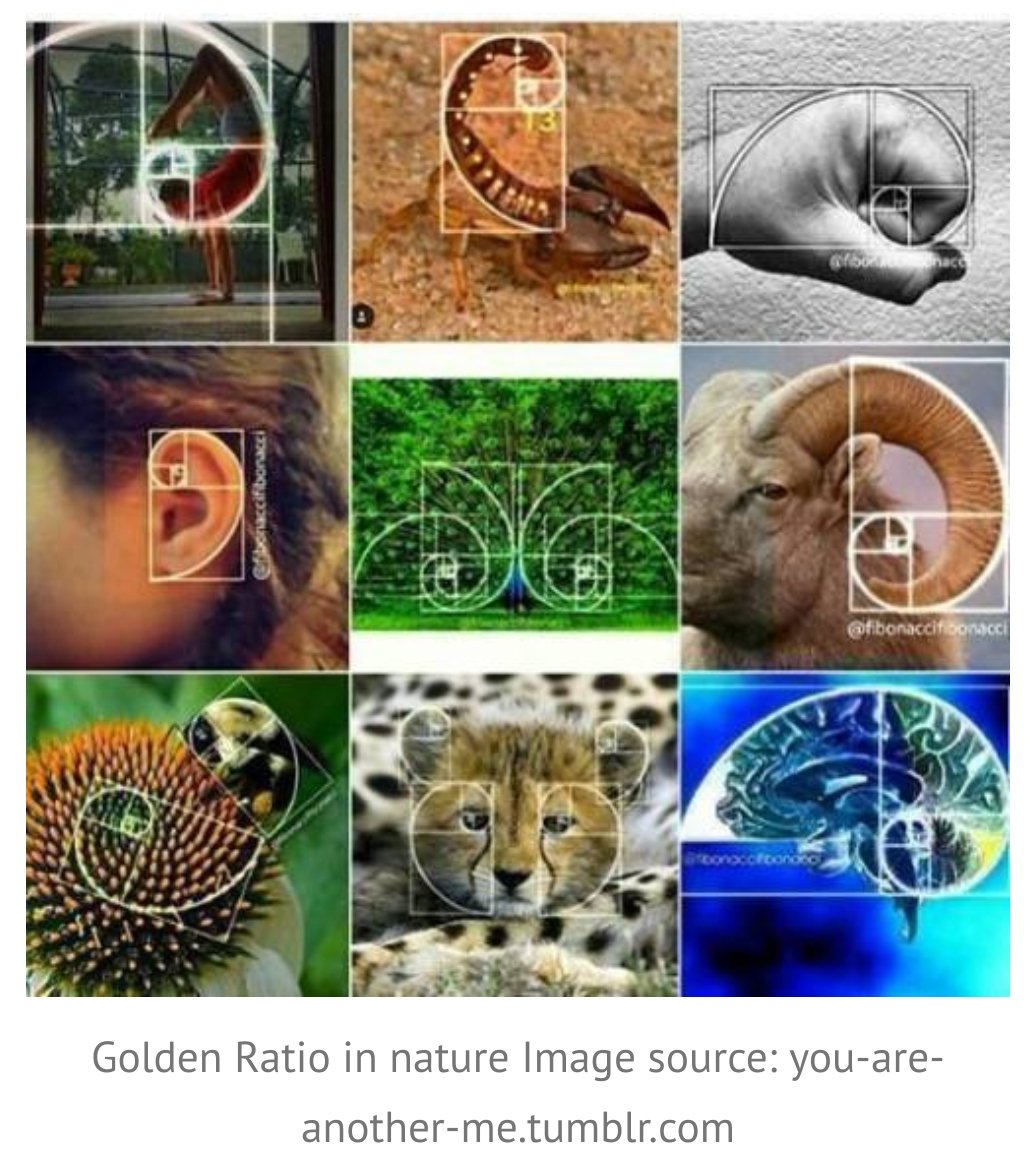The thing is, their reasons why they are against it are different from the reasons why gender critical people are against it.
1/
I will talk about this topic again, because I think it is important. There are people who are not gender critical, but who are also against gender identity ideology.
The thing is, their reasons why they are against it are different from the reasons why gender critical people are against it.
Gender critical people are against gender identity ideology, because they believe gender is a set of harmful social stereotypes which are especially harmful to women.
Gender identity ideology reinforces the stereotypes. Instead of challenging the stereotypes and changing the society, gender identity ideology wants people to fit into gender boxes by changing their bodies.
A person can for example be against science denial present in the gender identity ideology (GII from now on). GII denies that there are only two sexes and that in mammals sex is immutable. Let's call this group "science focused".
A person acn be against GII, because they do not agree that a lobby group or a government should tell people what language they can and cannot use and punish them if they use the wrong language. Let's call this group "free speech focused".
A person can be against GII because they want to keep the existing social rules, including the traditional sex stereotypes (gender), patriarchy and male privilege intact and they see GII as a threat to that. Let's call this group "tradition-focused".
A person can be against GII because their religious believes say things that are in conflict with GII. Let's call this group "religion focused".
A person can be against GII because it redefines the meaning of "gay" and introduces heterosexuality in gay spaces. Let's call this group "gay focused".
A person can be against GII because they were hurt in a marriage with an autogynephile. Let's call this group "autogynephile marriage focused".
A person can be against GII because they consider transsexuals disgusting or something that should not exist. Let's call this group "transphobia focused".
A person can be against GII because they think the it is a part of identity politics which derails the left and makes it dysfunctional. Let's call this group "identity politics focused".
A person can be against GII, because it is harmful to children. Let's call this group "children focused".
A person can be against GII, because they were a part of it, they transitioned and it hurt them. Let's call it "detransition focused".
A person can be against GII, because they are a transsexual, but GII mocks their experience and does not reflect it and it treats it as just another identity one can choose and not a serious psychological issue they have to deal with. Let's call it "transsexual focused".
There are more possible reasons and some of them are individual. Also people can be in more than one group.
But as you can see there is a whole spectrum of reasons.
The thing is, each of those groups can have different ideas about the best possible outcome when opposing GII. E.g. a tradition focused person would like to keep the sex stereotypes and a gender critical person would like to dismantle them.
What needs to be said is this. If someone is against GII and is in another group, it does not mean all of their views need to be accepted. There are some groups among these that one can compromise with and some that one cannot compromise with.
It is good to look for a compromise. But it is equally important to set boundaries about what one cannot compromise on.
We do not need to accept everything people from other groups say and we do not need to defend their views. Their views are theirs and we are not responsible for them. E.g. if one is gay focused, one does not need to defend homophobia. That would be absurd.













